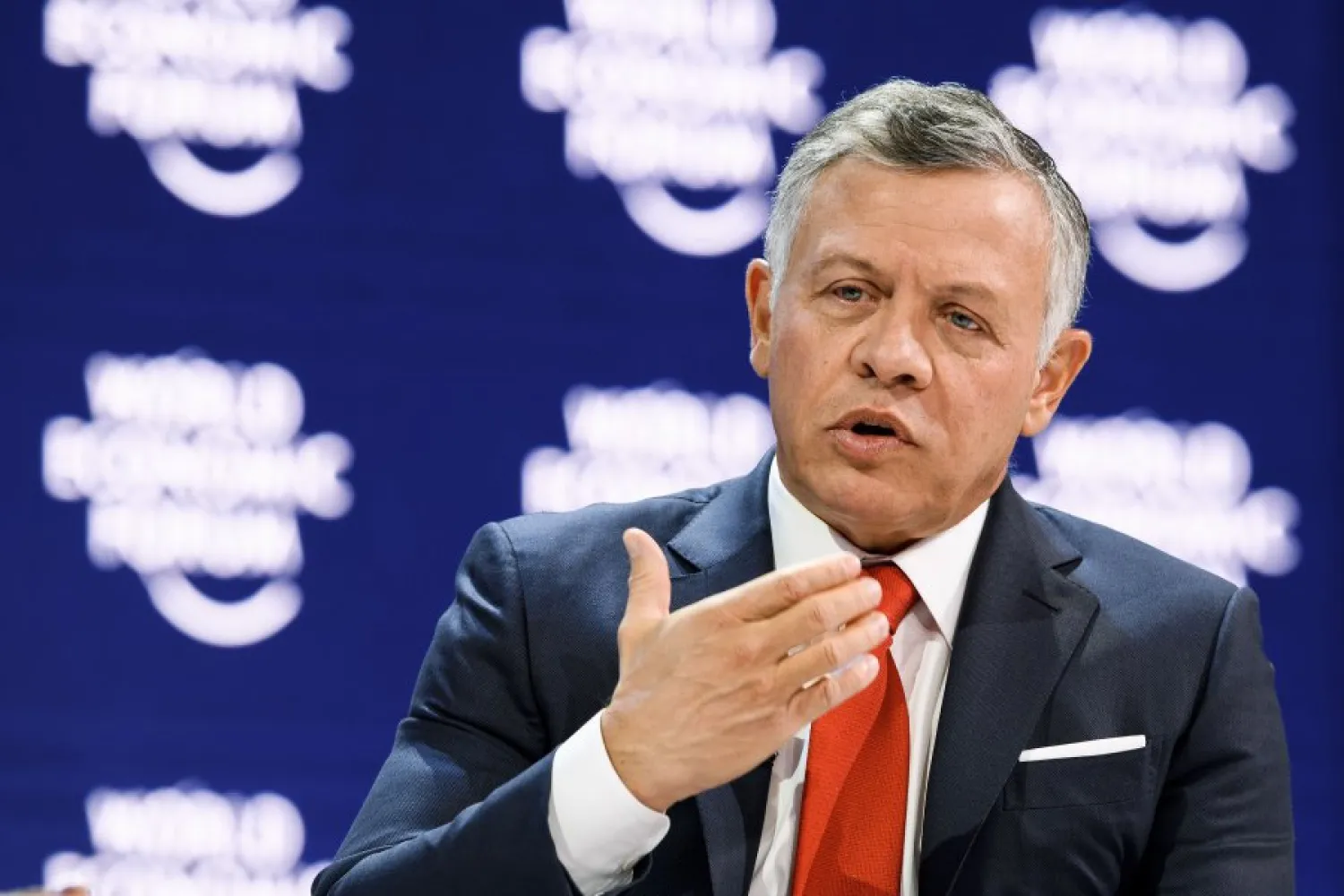Jordan's King Abdullah II stressed on Tuesday that Jordan’s Armed Forces (JAF) and security agencies’ success in thwarting terrorist plots reflects their professionalism and effective coordination.
During a visit to the General Department of the Gendarmerie and the Public Security Department, King Abdullah, accompanied by Crown Prince Hussein bin Abdullah II, said there were no concerns over Jordan’s present or future security.
King Abdullah met with Gendarmerie and the Public Security Department director, Maj. Gen. Hussein Hawatmeh, who briefed him on issues and developments related to Gendarmerie forces.
Society rejects dark ideologies and its promoters, added King Abdullah.
He asserted that Jordan is strong and growing stronger every day due to the awareness of the Jordanians and their cohesion, as well as the determination and will of the armed forces and security services.
All Jordanians are proud of the security agencies’ efforts in the recent operation held to safeguard the country’s security and stability, he continued, commending the sacrifices of the JAF and security agencies.
He also expressed condolences over the death of a number of security personnel, who were killed while defending the country.
Hawatmeh, for his part, said Gendarmerie forces are honored to uphold their duty to protect Jordan and its people.
Meanwhile, Jordanian security forces were still carrying out raids against takfiri elements.
Dozens of extremists were arrested and the raids included all the neighborhoods in Salt town, lawyer for extremist groups, Musa al-Abdallat told Asharq Al-Awsat.









